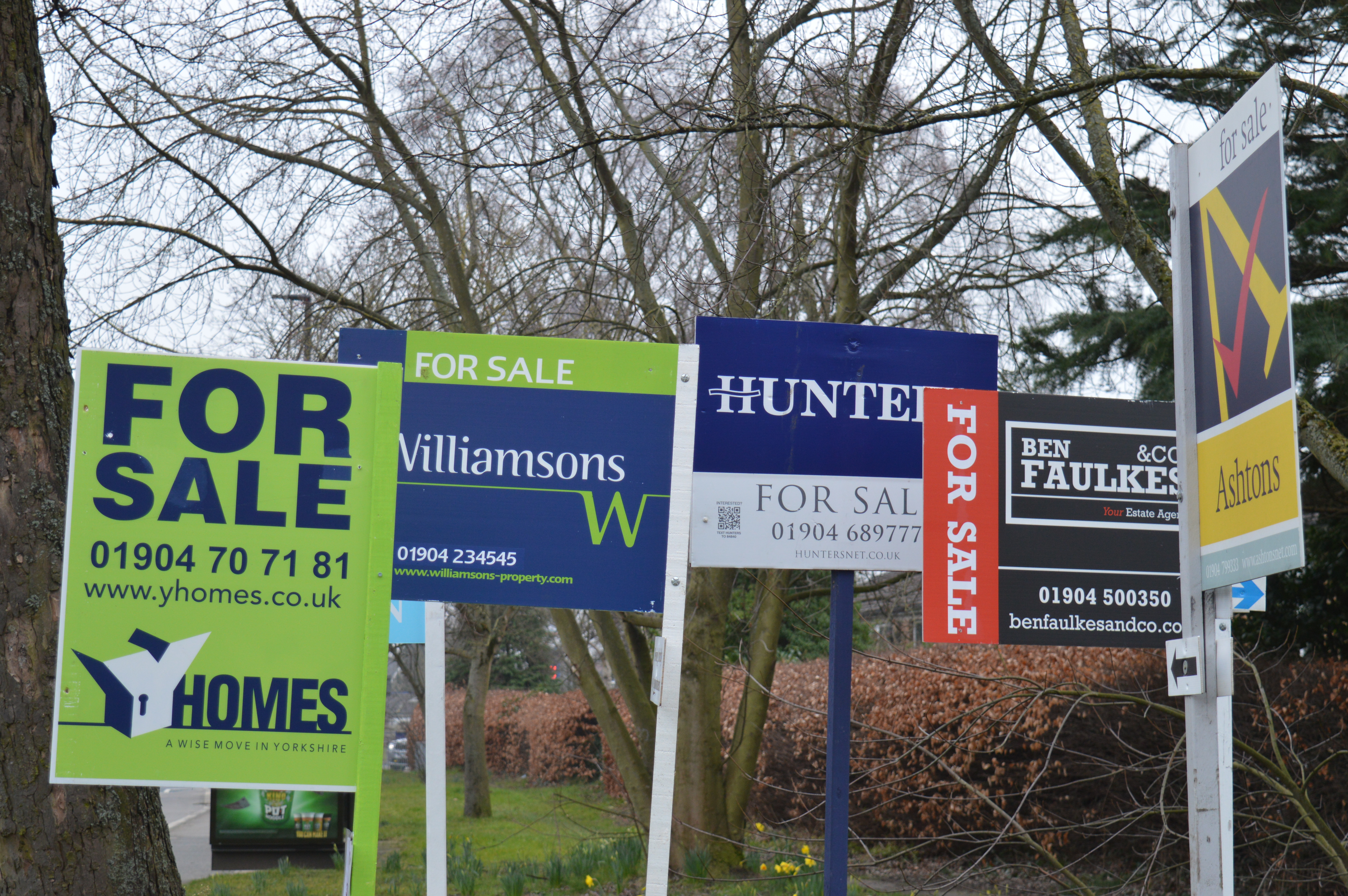Buying a property at auction can be a very good way to get started in property investment. But once you’ve found a property auction lot to bid for what is the best way to finance it? In this report I’ll look at the different ways of financing your auction property purchase.
There are three main ways to finance an auction purchase, each of which has different pros and cons:
Cash Purchase
The first option is to make a straightforward cash purchase. This has become more common over the last few years as, usually, small investors look for a better return than a savings account. It is quick and simple, and also allows an investor to acquire properties which cannot be financed easily or at all. Cash is king, as they say, and at a property auction it really is.
However, there are disadvantages to this even for investors who have the cash: It doesn’t allow the investor to fully exploit the power of leverage and there might be other financial and taxation disadvantages of buying a property outright too. Of course, if you do use this method you can always buy with cash and then mortgage the property later, at your leisure – perhaps waiting until a good mortgage deal comes along.
Remortgage and Refinancing
The second method is to borrow on, or refinance, existing properties from within your portfolio, or even your own home. This is a time-honoured approach which investors have used to lever their resources and build substantial portfolios for decades. It gives you the same financial clout in the auction room as when buying with cash.
Of course, this calls for some long term thinking and some ongoing expense. It can be restrictive if that ‘unmissable bargain’ turns up unexpectedly at auction. It may be problematic if, for example, a pre-arranged facility falls through, has its terms varied, or is withdrawn by the lender.
Auction Finance
Last but not necessarily least, the other main alternative is to seek to arrange finance on the actual property which is being purchased at auction itself. Although conventional wisdom suggests this is something you should avoid doing – if you want to avoid sleepless nights as a 20-working day completion date looms ever closer – it seems to be something which more and more auction buyers are doing at the moment. It allows investors to take full advantage of opportunities that arise at short notice, only pay for a loan facility when it is actually needed, as well as tie-up financing costs to each individual project more accurately.
How practical is this approach?
At one time few investors would have considered it that practical, and certainly not without at least a decision in principle from a lender before the auction sale. However, there are now a number of companies who specialise in providing funds for auction purchases in the short period between fall of the hammer and completion, even without a prior in-principle offer, and a number of innovative and flexible financial products aimed directly at servicing this market.
With this approach there are several different choices open to the investor:
- The first is the more traditional term finance, such as a buy to let mortgage. The second is some kind of specialised or bridging finance, perhaps where the property is not being bought to let or is currently not eligible for a buy to let product.
- Bridging loans have a reputation of being very expensive to service. However, in today’s low interest rate climate this isn’t necessarily the case – a good broker may be able to find you a bridging facility that costs only marginally more than a standard buy to let loan.
- Additionally, a third kind of finance option has opened up in recent years. That is, to access to peer to peer lending. There are now several peer to peer lenders who can provide short and medium term finance for property projects. If you do this with a property auction purchase, however, it’s a good idea to have a line of credit opened up before you bid. Also note that this can still be quite an expensive way of raising property finance.
The investor might consider one or perhaps a combination of all three depending on the property being purchased and their plans for it, whilst bearing in mind that they are both quite different methods of financing a purchase. The lenders’ terms, valuations, whether the loan is based on the current or future value of the property, or the borrower’s status and what you intend to do with the property, as well as the costs, will be quite different in either case.
However you decide to finance your property purchase remember this: You’ll have to come up with a deposit (typically 10%) when the hammer falls and the full balance at completion, which is typically only 20 days following the sale itself. So, make sure you have some definite plans for providing the finance before you actually bid at the auction. And, as ever, don’t be afraid to take professional financial and legal advice on the very best, most cost effective way to make your auction property purchase.


